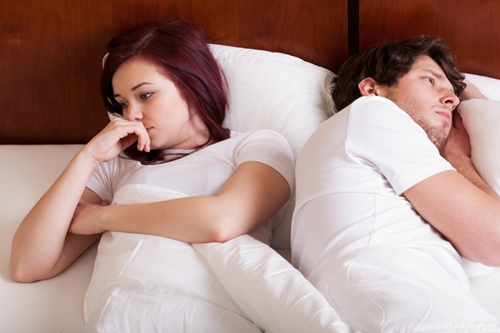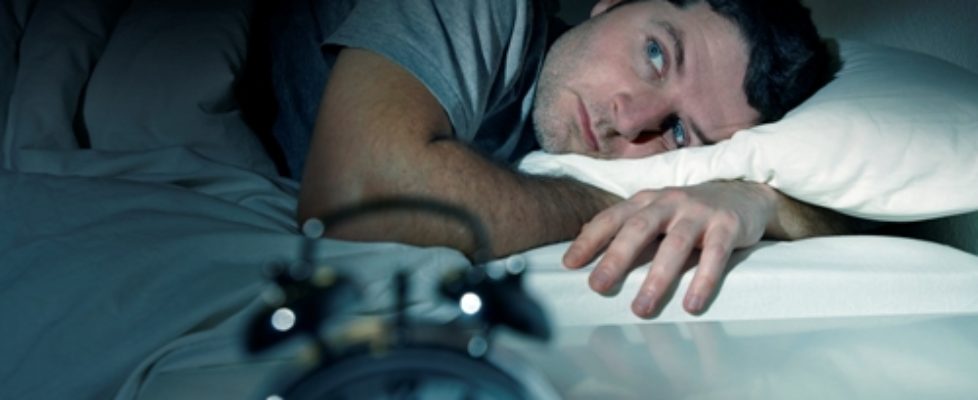Chronic Insomnia Increases Depression Risk
Sleep affects our mood during waking hours. We’re more likely to be happy and patient after a restful night of sleep. The opposite can occur when we don’t get enough rest. When chronic insomnia plagues a person it increases the risk for depression.
Sleep Studies
Various studies conducted on sleep’s impact on mood all concluded that insomnia increases depression risk. A recent study deducted that getting only four and half hours of sleep each night increases stress levels, feelings of anger and sadness, and causes mental exhaustion. The study lasted for one week. When participants returned to a normal sleeping schedule, their moods improved.

Mood Affects Sleep
Sleep deprivation and depression create a vicious cycle which is often difficult to break. Mood affects sleep and sleep affects mood. When someone feels angry or sad, their brain won’t stop thinking long enough to fall asleep. The cycle continues the following day, because the person has not gotten enough rest.
Difficulty Coping
Exaggerated responses to everyday situations often occur alongside chronic insomnia. Lack of sleep causes a person to feel agitated and small problems are exacerbated. Exaggerated responses to stimuli wreak havoc on workplace and family relationships. Job loss, trouble with co-workers, and/or troubled family relationships add to sleep difficulty, which further increases depression risks.

Cause of Depression
Many things can cause depression. Death or divorce is often a precursor for chronic insomnia and depression. A feeling of loss, isolation, loneliness, and/or that nothing will ever be good again can create the cycle of sleeplessness and depression.
There is Help
Wendy Lizmari’s depression and relationship counselling services offers caring counsellors who can help you overcome depression and enjoy a good night of sleep again. Call us at (519) 253-1519 to schedule an appointment.

